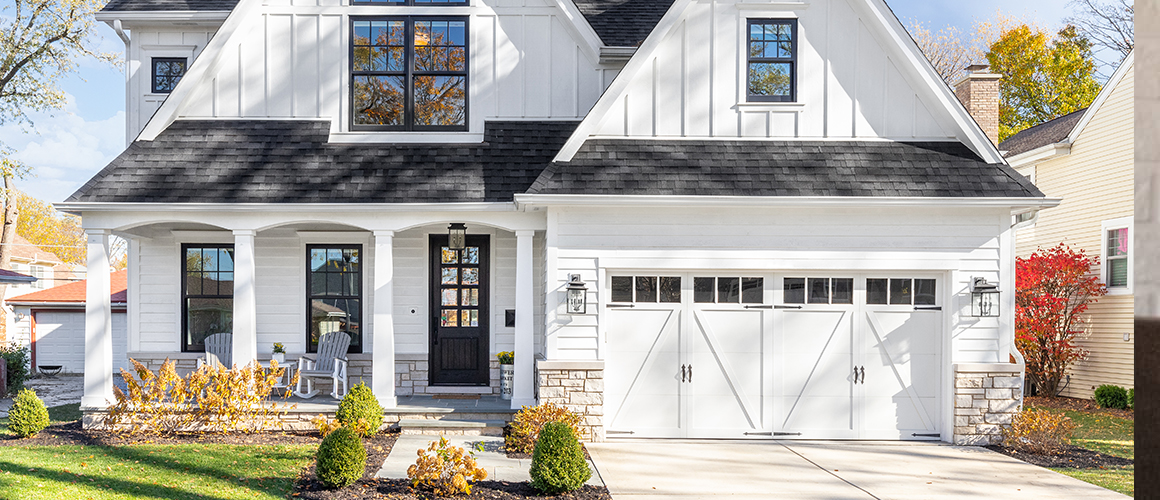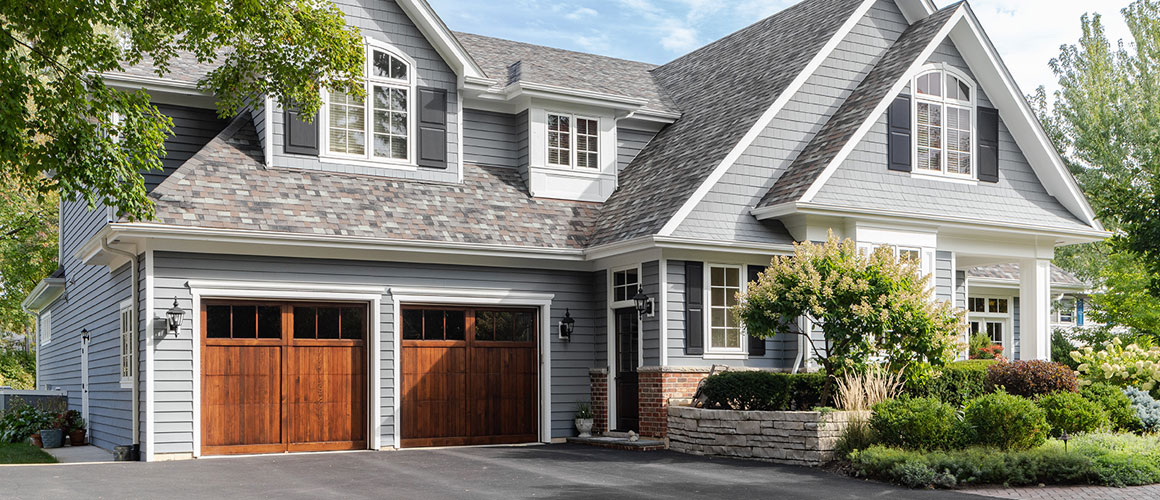
What Is Home Value And How Do You Determine It?
Mar 01, 2025 · 3-minute read
Your home is more than just a place to live—it’s one of your most valuable assets. Understanding its worth can help you make informed financial decisions, whether you’re planning to sell, refinance, or simply want to track your investment. But how is home value determined, and what factors influence it? In this guide, we’ll break down the different types of home value estimates, the key factors that impact property value, and the best methods for determining your home’s worth.
What Is Home Value?
Home value refers to the estimated worth of a property based on various factors such as location, market trends, and property condition. It’s not a fixed number but rather a dynamic figure that fluctuates over time due to economic conditions, demand, and local real estate trends.
Types of Home Value Estimates
- Market Value – The price a buyer is willing to pay for a home in the current market.
- Appraised Value – The value determined by a licensed appraiser, often required for mortgages and refinancing.
- Assessed Value – The valuation assigned by a local tax assessor to calculate property taxes.
- Fair Market Value – A reasonable price based on comparable home sales and market conditions.
Factors That Affect A House’s Value
- Location – Proximity to schools, amenities, and job opportunities can impact demand.
- Market Conditions – A seller’s market (high demand, low supply) increases home values, while a buyer’s market (high supply, low demand) lowers them.
- Home Size and Usable Space – Square footage, number of bedrooms and bathrooms, and lot size all play a role.
- Age and Condition – Well-maintained homes with modern upgrades tend to hold higher value.
- Comparable Sales (Comps) – Recent sales of similar homes in the area help determine a property’s worth.
- Interest Rates – Lower mortgage rates often lead to higher home prices as more buyers enter the market.
How Can You Determine The Value Of Your Home?
1. Use Online Home Valuation Tools (e.g., FreeHouseValues.com)
Automated Valuation Models (AVMs) use algorithms and real estate data to generate an estimate instantly. Websites like FreeHouseValues.com provide a quick and convenient way to gauge your home’s worth, though these estimates should be verified with other methods.
2. Hire A Professional Appraiser
A licensed home appraiser provides the most accurate valuation by conducting an in-depth assessment of your property, market conditions, and comparable sales. Lenders typically require an appraisal before approving a mortgage or refinance.
3. Consult An Agent For A Comparative Market Analysis (CMA)
Real estate agents perform CMAs by analyzing similar homes that have recently sold in your area. This method provides a more refined estimate than online tools and is useful if you’re considering selling.
4. Pull ‘Comps’ On Similar Properties
Homeowners can conduct their own research by looking at recently sold homes with similar features in their neighborhood. Public property records, MLS listings, and local real estate sites can help with this comparison.
Why Is It Important To Know My Home’s Current Value?
Knowing your home’s value is beneficial for several reasons:
- Selling Your Home – Setting a competitive listing price ensures you attract buyers while maximizing profit.
- Refinancing – Lenders use home value to determine loan eligibility and interest rates.
- Home Equity Loans – If you’re looking to borrow against your home, knowing its worth helps you understand how much equity you can access.
- Property Tax Assessments – Overestimated home values can lead to higher property taxes, so knowing your true value can help you dispute incorrect assessments.
How To Increase How Much Your House Is Worth
If you’re looking to boost your home’s value, consider these strategies:
- Upgrade Key Areas – Kitchen and bathroom remodels often provide the highest return on investment.
- Improve Curb Appeal – Landscaping, a fresh coat of paint, and a well-maintained exterior make a great first impression.
- Enhance Energy Efficiency – Installing energy-efficient windows, appliances, and solar panels can make your home more attractive to buyers.
- Finish Unused Spaces – Converting a basement or attic into livable space can increase square footage and home value.
- Keep Up With Maintenance – Addressing repairs and routine upkeep prevents small issues from becoming costly problems.
The Bottom Line: It’s Wise To Keep Track Of Your Home Value
Your home’s value plays a crucial role in financial planning, whether you’re selling, refinancing, or investing in improvements. By understanding what affects home value and using reliable methods to estimate it, you can make informed decisions about your property. Regularly checking your home’s worth ensures you stay ahead of market trends and maximize your investment potential.
Would you like a free estimate? Try FreeHouseValues.com today to get an instant home valuation!







